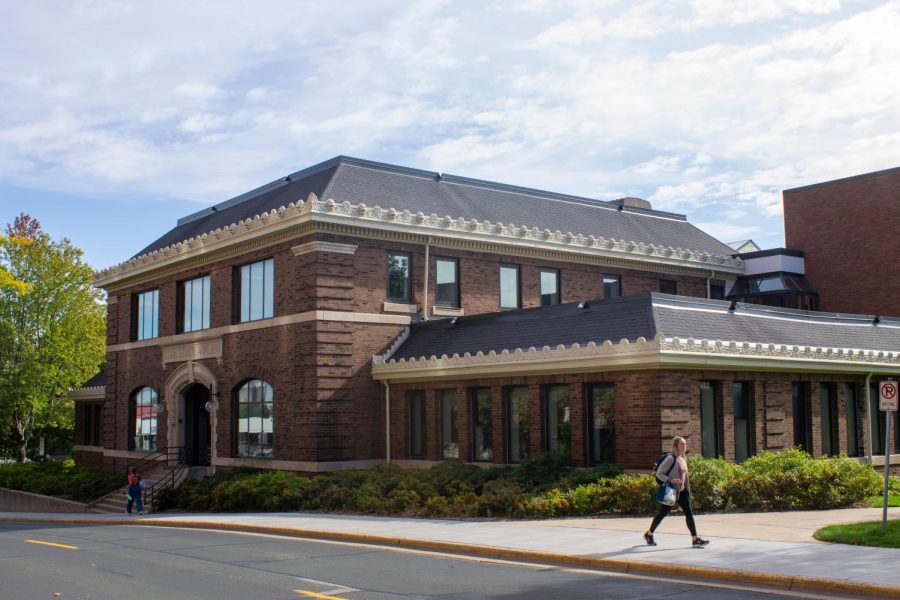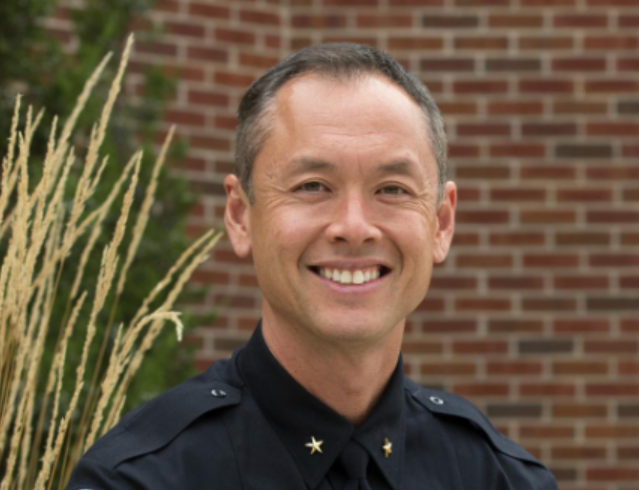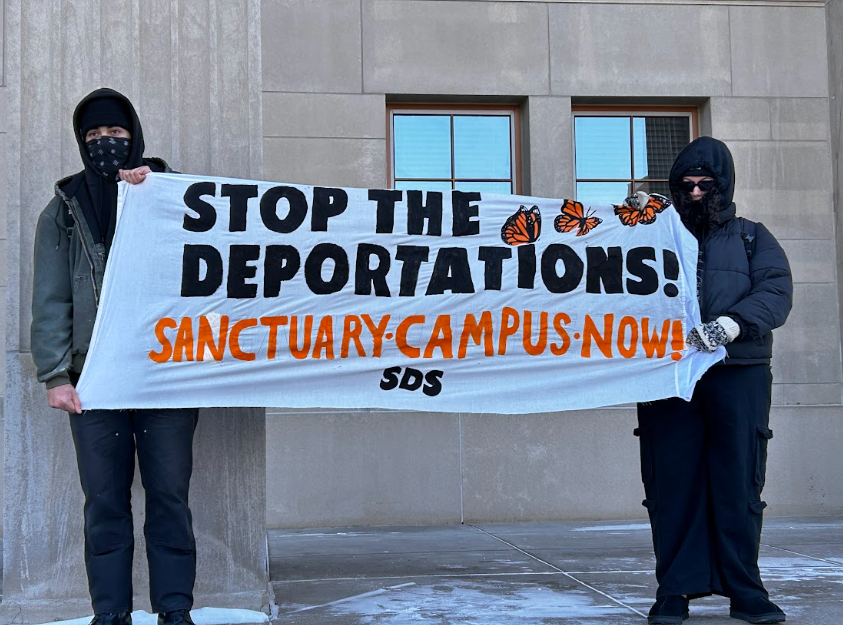For the past 13 years, the Department of the Interior partnered with the U.S. Geological Survey (USGS) developed eight various climate adaptation science centers across the country. As of September 29, the ninth and final location, the Midwest Climate Adaptation Science Center (CASC) will be hosted by the University of Minnesota.
Every CASC serves as a research base for addressing the prevalent climate issues facing the nation and local communities. With research expertise and adaptation scientists, work at the university consortiums will help guide decisions for policymakers about climate adaptation as well as provide tools to solve real world environmental problems for natural resource managers.
The science produced will be applicable to federal, tribal, state, municipal, and even private landowners.
The University will collaborate with other land-grant Midwest universities and partners such as the University of Wisconsin – Madison, University of Minnesota – Duluth, University of Illinois at Urbana – Champaign, Indiana University, Michigan State University, College of Menominee Nation, The Nature Conservancy, and the Great Lakes Indian Fish and Wildlife Commission.
After a competition and review by the USGS, the University was chosen as the final location because of positive factors to be a good match.
“The University of Minnesota has all the expertise needed in its system, [including Duluth], with adaptation, and natural resource knowledge, which is hard to beat,” said CFANS professor and Institute on the Environment (IonE) Executive Director Jessica Hellmann. “The state geography is relevant for climate issues with the Great Plains, Mississippi River, Great Lakes, and many other natural resources in proximity.”
The new CASC will be based out of the IonE on the St. Paul campus. With more than 20 years of climate change adaptation work, Hellmann will oversee the Midwest CASC as the director.
Hellmann hopes the establishment of the center will put the Midwest on the map as it is often underlooked when addressing climate change. “We want to produce science, [social and natural], that is needed to make good decisions and fulfill our obligation to support the decision making process,” she said.
The consortium plans to develop undergraduate and tribal research programs, graduate fellowships, as well as postdoctoral opportunities to produce the next generation of climate adaptation scientists.
The USGS offers research funding across different universities, so the University also has the potential to earn more funding through the creation of more project proposals on top of their current funded projects.
Through competition with other consortium members, project proposals are written to address current science priorities that will be used to solve natural resource management challenges.
For example, a current in-progress CASC project by University professor Daniel Larkin investigates “Impacts of Climate Change on Vegetation, Ecohydrology, and Management of Manoomin (Wild Rice) Watersheds.” With a variety of project partners including University professors Crystal Ng and Michael Dockry, the project started last August with completion expected by August 29, 2023.
As a program lead for capacity building, CFANS and climate professor Heidi Roop will help integrate research and assist policy makers, citizens, and scientists on acting on and applying the science generated from the CASC.
“With these networks and relationships being built to create resilience on our landscapes, implementation is significant to climate adaptation principles as we compete with time,” Roop said.
Collaboration with local tribal leaders will play an important role in the research priorities of the project. CFANS professor Michael Dockry, who specializes in tribal and indigenous natural resource management and Tribal partnerships, will oversee tribal engagement and research as a program manager of Tribal relations for the CASC.
With previous experience as an advisory council member on the Northeast Indigenous Climate Resilience Network, Dockry plans to prioritize the inclusion of Tribal voices in research using combined knowledge to achieve successful outcomes.
“Tribal voices have not always been included despite the extensive experience and knowledge they have that can help us understand and adapt to climate change,” he said.
A ribbon cutting ceremony will be held towards the end of October or in the first weeks of November. The event will see attendance by collaborators, USGS employees, and potentially Rep. Betty McCollum and Department. of Interior Secretary Deb Haaland. The IonE will continue to work on the various projects that will see application and implementation in the near future.

















